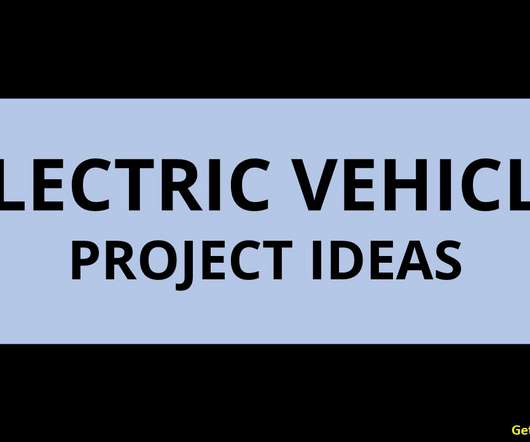Study projects emission impacts of inexpensive, efficient EVs: 36% further reduction in LDV GHG by 2050, or 9% economy-wide
Green Car Congress
JUNE 7, 2017
A new study by researchers at the University of Colorado at Boulder projects the emission impacts of the widespread introduction of inexpensive and efficient electric vehicles into the US light duty vehicle (LDV) sector. The database includes joint Corporate Average Fuel Economy (CAFE) and GHG emission standards for LDVs.

























Let's personalize your content